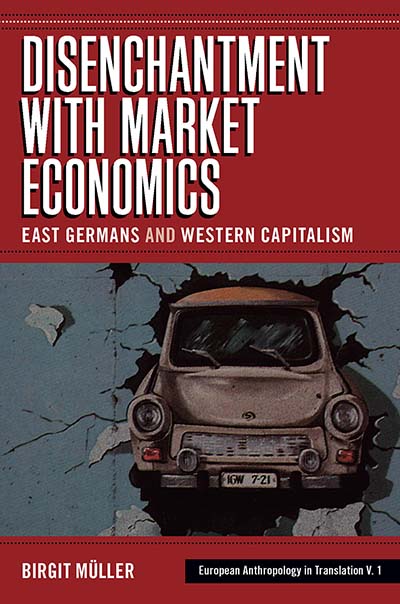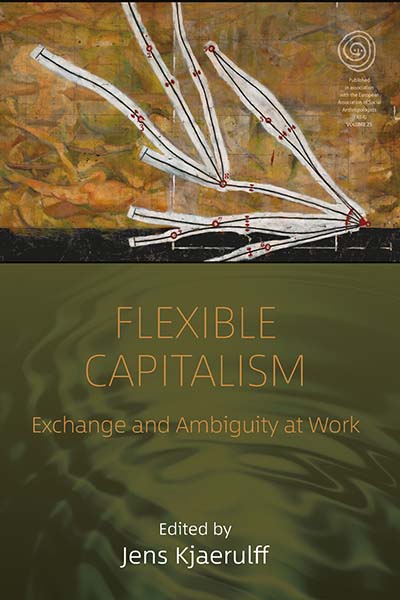
Series
Volume 1
European Anthropology in Translation
See Related
History JournalsEmail Newsletters
Sign up for our email newsletters to get customized updates on new Berghahn publications.
Disenchantment with Market Economics
East Germans and Western Capitalism
Birgit Müller
254 pages, bibliog., index
ISBN 978-1-84545-217-9 $135.00/£99.00 / Hb / Published (January 2007)
ISBN 978-1-84545-506-4 $34.95/£27.95 / Pb / Published (September 2007)
Reviews
“...the very narrowness of the study affords the book its wide scope. Müller wisely and fruitfully chooses to focus on three East Berlin enterprises…[that] operate and develop in distinct ways, giving Muller's survey a satisfying reach across both workplace relations in East Germany and the processes of reunification and marketization.” · H-German
Description
The life-worlds and personal experiences of workers and employees in three enterprises in East Berlin at the moment of political and economic upheaval stand at the centre of the book. It sets out in 1989 at the moment of the fall of the Berlin Wall witnessing the confrontations with the market economy and examining the reinterpretations of the socialist past as the political and economic changes take place.
Disenchantment with Market Economics captures a unique moment in history and unveils myths and promises of liberal market economy from the perspective of those who lived through the break down of the planned economy at their workplaces in East Berlin. While Western managers regarded the expansion of their businesses towards Eastern Europe as a civilising mission, the East German employees reacted with complex strategies of individual adaptation and resistance.
Birgit Müller is a senior researcher in Social Anthropology at the Laboratoire de l'anthropologie des institutions et organisations sociales, LAIOS-CNRS in Paris. She has done extensive research in factories and on social and environmental movements in eastern and western Europe and Latin America. Her current focus is on power and ideology in the bio-tech controversies. Her publications include Political Power and Institutional Change in Post-Communist Eastern Europe (C.S.A., 1999).


